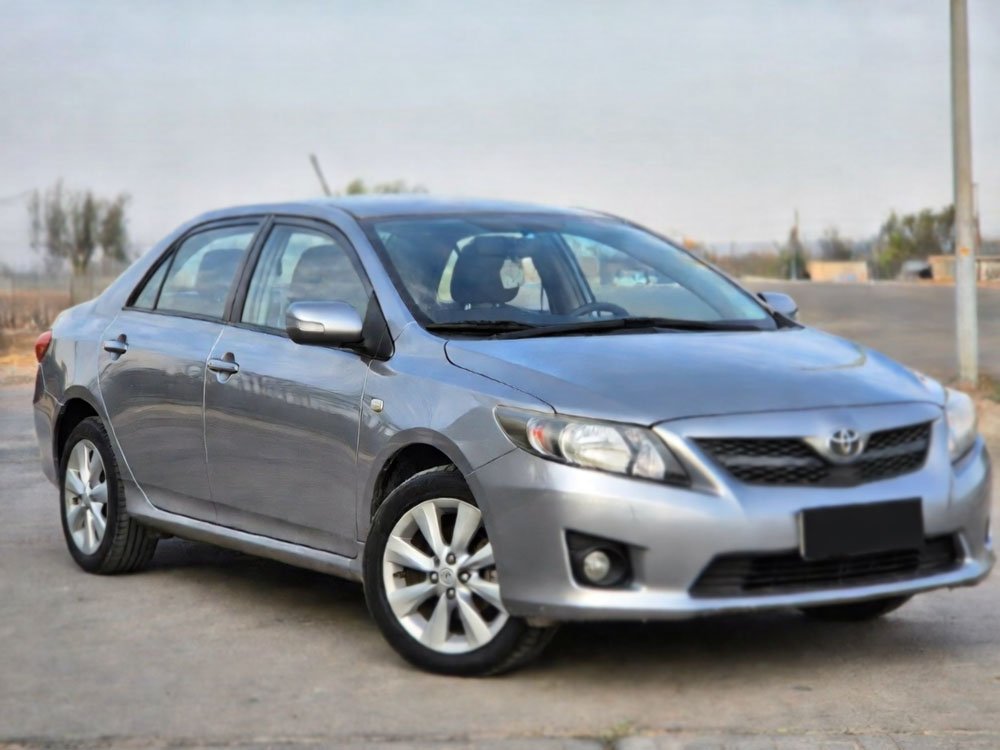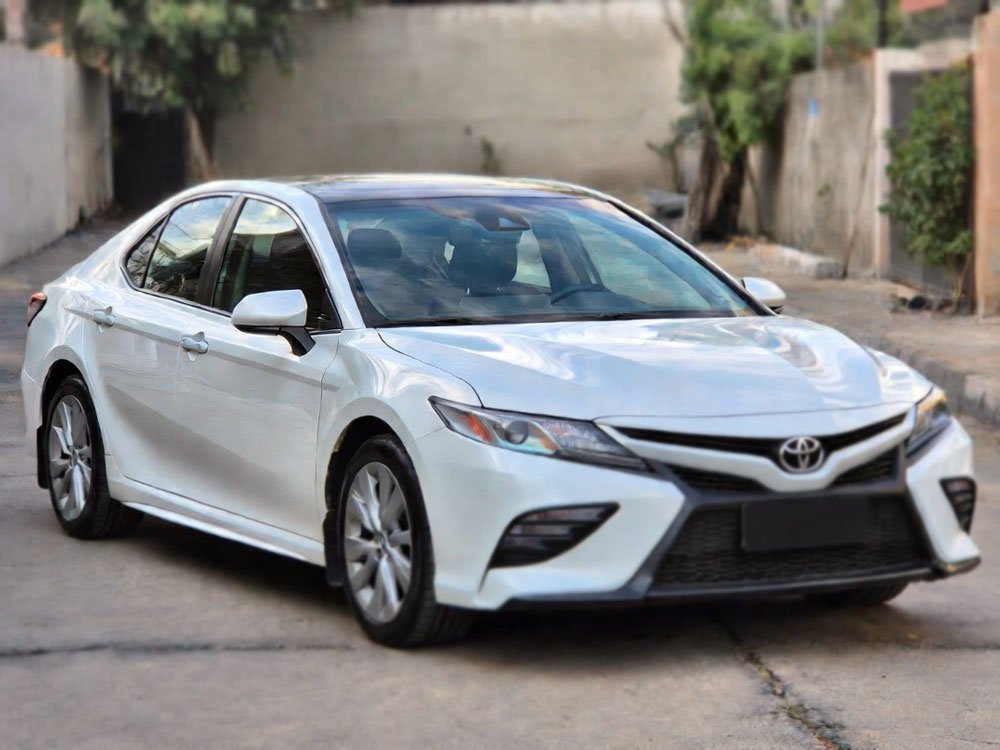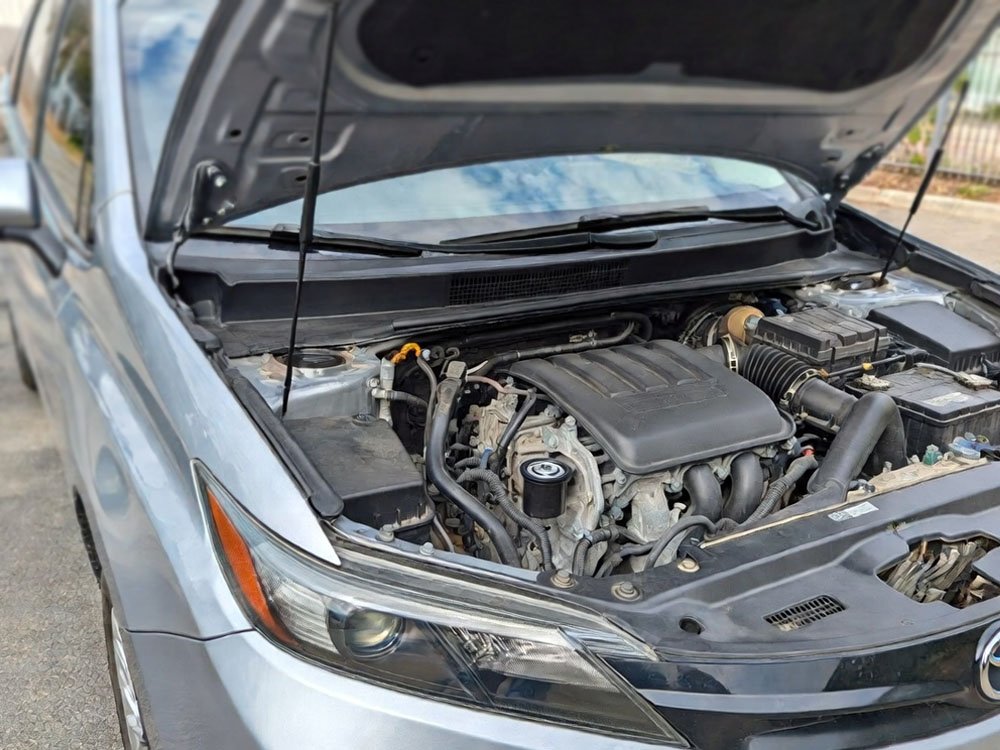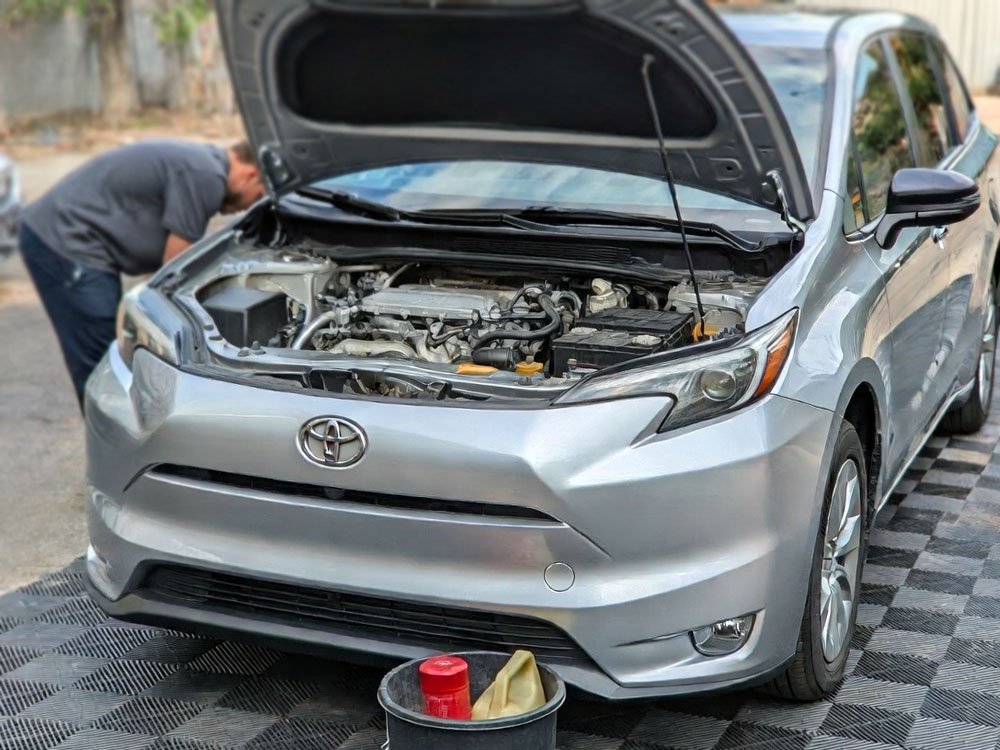As an Amazon Associate, I earn from qualifying purchases at no extra cost to you.
Car Starts Slow When Cold: Top Tips for Quick Fix
When a car starts slow when cold, it could be due to a weak battery, old spark plugs, or a worn-out fuel pump. Several factors can cause this issue, including low engine oil, a malfunctioning starter motor, or a faulty ignition switch.
It is crucial to diagnose the problem promptly, as ignoring it could lead to more severe issues down the line. Cold weather can take a toll on a car’s performance, especially if the vehicle has not been properly maintained. It is important to address slow starting issues promptly to avoid being stranded in the cold.
By identifying and resolving the root cause of the problem, car owners can ensure their vehicle starts reliably even in chilly weather. Regular maintenance and timely repairs can help prevent slow starting problems and keep the car running smoothly.
Common Reasons For Slow Starting
Common Reasons for Slow Starting:
Battery Issues
Battery problems are a leading cause of slow starting in cars.
- Old or weak batteries struggle to provide sufficient power when cold.
- Corrosion on terminals can also hinder the flow of electricity.
- Extreme temperatures can reduce battery efficiency.
Fuel System Problems
Fuel system issues can contribute to slow starting in cold conditions.
- Clogged fuel filters impede the proper flow of fuel to the engine.
- Fuel pump malfunction can result in inadequate fuel delivery.
- Fuel line leaks can cause fuel loss and starting difficulties.
Ignition System Malfunction
Malfunctions in the ignition system are another common reason for slow starting in vehicles.
- Worn-out spark plugs may not provide the necessary spark for ignition.
- Ignition coil issues can disrupt the ignition process.
- Faulty ignition switch may prevent proper starting when cold.

Credit: www.holtsauto.com
Checking The Battery
When your car starts slow, especially in cold weather, one of the first things to check is the battery. The battery’s performance can be affected by temperature, and a weak or failing battery can cause starting issues. Here’s how to inspect, test, and clean the battery to ensure it’s functioning optimally.
Inspecting The Battery Terminals
Begin by visually inspecting the battery terminals for any signs of corrosion or damage. Corrosion can hinder the flow of electricity and affect the battery’s performance. If you notice corrosion, it should be addressed promptly to prevent further issues.
Testing The Battery Voltage
Using a multimeter, test the battery voltage to ensure it is within the manufacturer’s recommended range. A voltage reading below the specified range could indicate a weakened battery that may need to be replaced. It’s essential to perform this test when the engine is cold, as a weak battery is more likely to exhibit decreased performance in lower temperatures.
Cleaning The Battery Connections
To ensure a secure and efficient connection, it’s crucial to clean the battery connections. Use a mixture of baking soda and water to remove any corrosion from the terminals and cable connectors. After cleaning, apply a thin layer of dielectric grease to the terminals to prevent future corrosion and maintain a strong connection.
Addressing Fuel System Problems
When your car starts slow, especially in cold weather, the fuel system can be a likely culprit. Addressing fuel system problems is crucial to ensure your car starts smoothly in all conditions.
Checking The Fuel Pump
The fuel pump is a vital component of the fuel system, responsible for delivering fuel from the tank to the engine. A weakened fuel pump can result in inadequate fuel supply, causing the car to start slowly when cold. Check the fuel pressure using a gauge to ensure it meets the manufacturer’s specifications.
Inspecting The Fuel Filter
A clogged fuel filter can restrict the flow of fuel to the engine, leading to starting issues, particularly in cold temperatures. Inspect the fuel filter for any signs of dirt or debris accumulation. Consider replacing the fuel filter if it’s old or contaminated.
Examining The Fuel Injector
Fuel injectors are responsible for delivering the precise amount of fuel into the engine cylinders. Any clogging or malfunction in the fuel injector can lead to uneven fuel distribution and slow starts. Examine the fuel injectors for any signs of dirt or blockages, and clean or replace them if necessary.
Troubleshooting The Ignition System
When your car starts slow in cold weather, it could be due to issues with the ignition system. Proper troubleshooting can help identify the root cause and restore your vehicle’s performance. It involves examining components like the spark plugs, ignition coils, and ignition switch.
Testing The Spark Plugs
Spark plugs play a crucial role in igniting the air-fuel mixture in the engine. To test them, visually inspect for wear or fouling. Replace any damaged plugs with new ones recommended by your vehicle’s manufacturer.
Inspecting The Ignition Coils
Ignition coils are responsible for converting the low voltage from the battery into high voltage needed to spark the spark plugs. Check for signs of corrosion or damage on the coils and replace them if necessary.
Examining The Ignition Switch
The ignition switch controls the flow of electricity to the starter motor and other components. Ensure it is functioning correctly by checking for any loose connections, worn out wires, or faulty switches. Replace any defective parts immediately.
Performing Routine Maintenance
To prevent a car from starting slowly when cold, it’s essential to regularly perform routine maintenance. This includes checking the battery, ensuring proper engine lubrication, and inspecting the ignition system for any issues. Keeping up with these maintenance tasks can help to ensure your car starts smoothly, even in cold weather.
Performing Routine MaintenanceUsing a Block HeaterWhen cold weather impacts your car’s performance, utilizing a block heater can be indispensable. This device warms the engine, improving the combustion process. Installing a block heater can prevent slow starts in cold weather.Using an Engine Oil HeaterIn addition to a block heater, an engine oil heater can ensure your car starts smoothly in cold conditions. This device warms the engine oil, reducing its viscosity and enabling the engine to turn over more easily. An engine oil heater is a practical solution for cold-weather starting issues.Replacing Old Engine OilRegularly refreshing the engine oil is essential for optimal engine performance. Old engine oil can thicken in cold temperatures, causing the engine to struggle upon startup. By replacing the oil with a suitable viscosity for cold weather, you can minimize slow starts during chilly mornings.
Credit: www.telegraph.co.uk
Preventing Future Starting Issues
Experiencing a slow start with your car on a cold winter morning can be frustrating and time-consuming. To avoid future starting issues, it's essential to take proper care of your vehicle. There are a few key areas to focus on: maintaining battery health, regularly replacing fuel filters, and keeping the ignition system clean. By following these steps, you can ensure that your car starts smoothly every time, regardless of the temperature outside.
Maintaining Battery Health
Your car’s battery plays a crucial role in starting the engine, especially in colder temperatures. To maintain battery health:
- Regularly check the battery terminals for corrosion and clean them if necessary.
- Keep the battery securely fastened to prevent vibrations that can damage the internal components.
- Ensure the battery is properly charged by driving your vehicle frequently, especially for short trips that may not fully recharge the battery.
- If your battery is more than three to five years old, consider replacing it as older batteries tend to struggle in colder weather.
Regularly Replacing Fuel Filters
Fuel filters are responsible for keeping your car’s fuel system clean, ensuring that the engine receives clean fuel for optimal performance. Over time, fuel filters can become clogged with debris, affecting the flow of fuel to the engine. To prevent starting issues caused by dirty fuel filters:
- Refer to your vehicle’s owner manual to determine the recommended interval for replacing the fuel filter.
- Regularly inspect the fuel filter for signs of dirt or debris and replace it if needed.
- Consider using a fuel system cleaner regularly to help keep the fuel system clean.
- Remember that a clogged fuel filter can put additional strain on the fuel pump, potentially leading to starting problems.
Keeping The Ignition System Clean
The ignition system, including spark plugs and wires, plays a vital role in starting your car’s engine. If the ignition system is dirty or damaged, starting problems can occur. To ensure a clean and efficient ignition system:
- Regularly inspect the spark plugs for signs of wear, such as worn electrodes or excessive deposits.
- Replace any faulty spark plugs promptly to maintain optimal ignition performance.
- Check the spark plug wires for cracks or damage and replace them if necessary.
- Consider using a fuel additive designed to keep the fuel system and combustion chambers clean, improving starting performance.
By following these simple steps to maintain battery health, regularly replacing fuel filters, and keeping the ignition system clean, you can prevent future starting issues with your car. Investing a little time and effort in proper vehicle maintenance can save you from the hassle of dealing with cold start problems and ensure a smoother driving experience.
Professional Assistance
Get professional assistance for your car that starts slow when cold. Our team of experts can diagnose and fix the issue efficiently, ensuring your vehicle runs smoothly no matter the temperature. Say goodbye to slow morning starts with our professional help.
When To Seek The Help Of A Mechanic
If your car starts slow when cold, seek the help of a mechanic if the issue persists for more than a few days.
Unusual noises and smells emit from your car when attempting to start in cold weather imply the need for professional assistance.
Choosing A Reliable Car Repair Shop
Look for certified mechanics with experience in addressing cold-start issues to ensure reliable repairs.
A reputable repair shop will offer affordable solutions and provide clear communication throughout the process.

Credit: www.schumacherelectric.com
Conclusion
It is common for cars to start slow when cold due to various reasons such as thickened oil, weak battery, or faulty components. By following preventive measures like regular vehicle maintenance, using the right oil, keeping the battery in good condition, and parking in a sheltered area, you can improve the cold-start performance of your car.
Remember, addressing these issues promptly will ensure a smoother and more efficient driving experience in colder temperatures.











